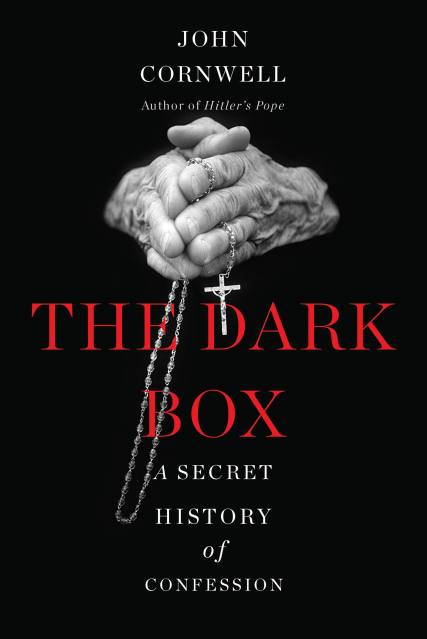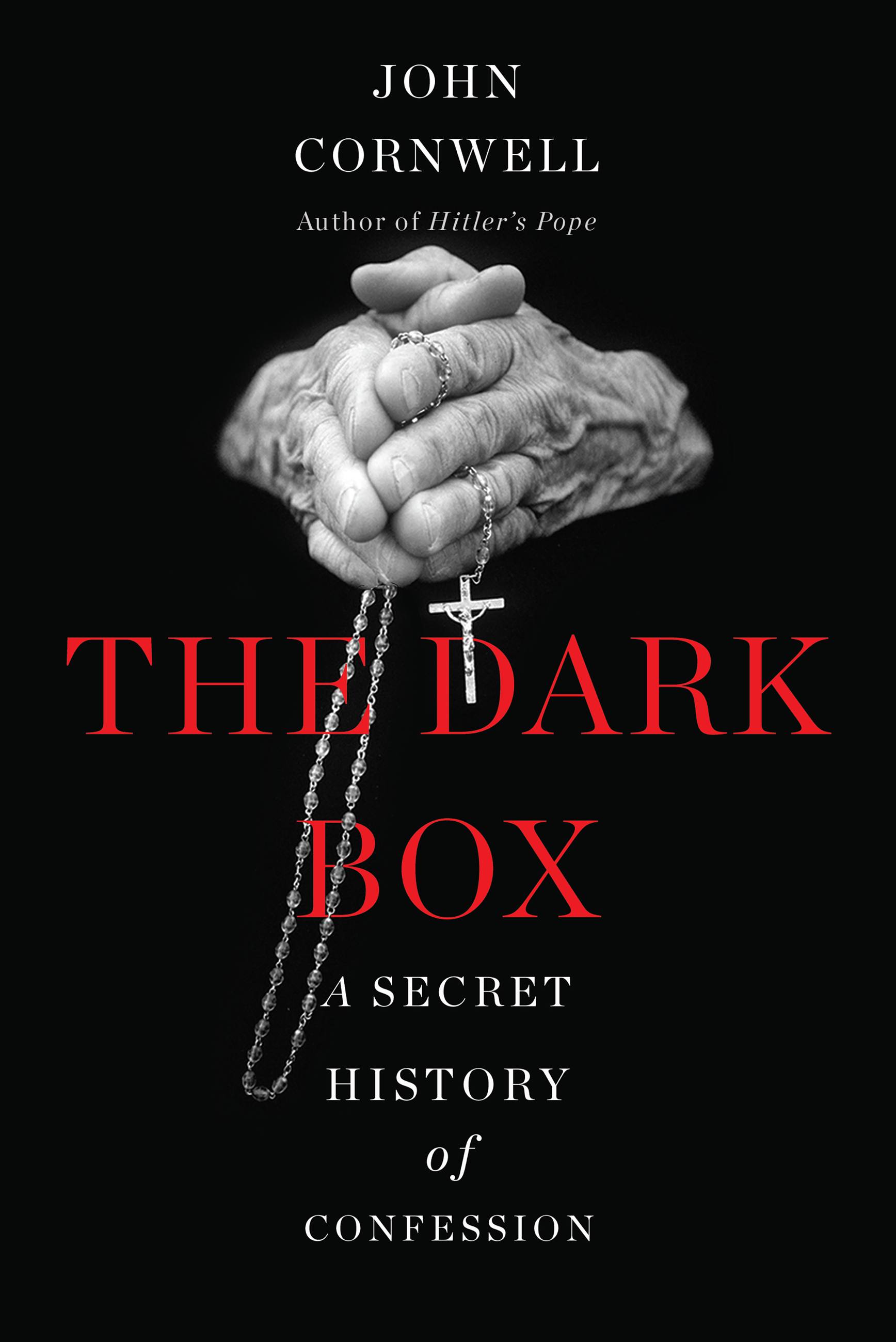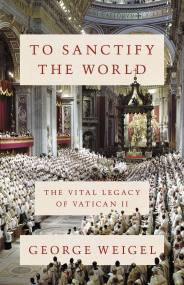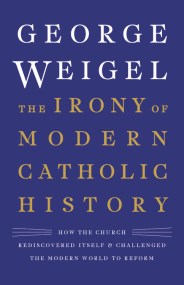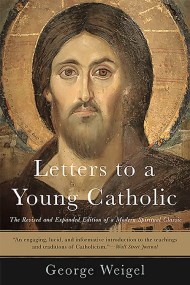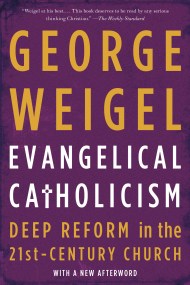Promotion
Use code CYBER2024 for 30% off sitewide + free shipping over $30
By clicking “Accept,” you agree to the use of cookies and similar technologies on your device as set forth in our Cookie Policy and our Privacy Policy. Please note that certain cookies are essential for this website to function properly and do not require user consent to be deployed.
The Dark Box
A Secret History of Confession
Contributors
Formats and Prices
Price
$27.99Price
$31.00 CADFormat
Format:
- Hardcover $27.99 $31.00 CAD
- ebook $18.99 $24.99 CAD
This item is a preorder. Your payment method will be charged immediately, and the product is expected to ship on or around March 4, 2014. This date is subject to change due to shipping delays beyond our control.
Also available from:
Confession is a crucial ritual of the Catholic Church, offering absolution of sin and spiritual guidance to the faithful. Yet this ancient sacrament has also been a source of controversy and oppression, culminating, as prize-winning historian John Cornwell reveals in The Dark Box, with the scandal of clerical child abuse. Drawing on extensive historical sources, contemporary reports, and first-hand accounts, Cornwell takes a hard look at the long evolution of confession.
The papacy made annual, one-on-one confession obligatory for the first time in the 13th century. In the era that followed, confession was a source of spiritual consolation as well as sexual and mercenary scandal. During the 16th century, the Church introduced the confession box to prevent sexual solicitation of women, but this private space gave rise to new forms of temptation, both for penitents and confessors. Yet no phase in the story of the sacrament has had such drastic consequences as a historic decree by Pope Pius X in 1910. In reaction to the spiritual perils of the new century, Pius sought to safeguard the Catholic faithful by lowering the age at which children made their first confession from their early teens to seven, while exhorting all Catholics to confess frequently instead of annually. This sweeping, inappropriately early imposition of the sacrament gave priests an unprecedented and privileged role in the lives of young boys and girls—a role that a significant number would exploit in the decades that followed.
A much-needed account of confession’s fraught history, The Dark Box explores the sources of the sacrament’s harm and shame, while recognizing its continuing power to offer consolation and reconciliation.
The papacy made annual, one-on-one confession obligatory for the first time in the 13th century. In the era that followed, confession was a source of spiritual consolation as well as sexual and mercenary scandal. During the 16th century, the Church introduced the confession box to prevent sexual solicitation of women, but this private space gave rise to new forms of temptation, both for penitents and confessors. Yet no phase in the story of the sacrament has had such drastic consequences as a historic decree by Pope Pius X in 1910. In reaction to the spiritual perils of the new century, Pius sought to safeguard the Catholic faithful by lowering the age at which children made their first confession from their early teens to seven, while exhorting all Catholics to confess frequently instead of annually. This sweeping, inappropriately early imposition of the sacrament gave priests an unprecedented and privileged role in the lives of young boys and girls—a role that a significant number would exploit in the decades that followed.
A much-needed account of confession’s fraught history, The Dark Box explores the sources of the sacrament’s harm and shame, while recognizing its continuing power to offer consolation and reconciliation.
- On Sale
- Mar 4, 2014
- Page Count
- 320 pages
- Publisher
- Basic Books
- ISBN-13
- 9780465039951
Newsletter Signup
By clicking ‘Sign Up,’ I acknowledge that I have read and agree to Hachette Book Group’s Privacy Policy and Terms of Use
